Competition makes for better products, and the Android ecosystem is more competitive than ever. If you want a new Android phone at any price range, we've done the research to separate the great from the good, and the good from the bad. This list will help you make your next purchaseeasier.
Best Value Pick — OnePlus 7 Pro
The OnePlus 7 Pro builds on the foundation of previous OnePlus phones in offering exceptional value, but now it's stepping things up with excellent hardware and nice-to-have features that make it a true competitor at the high end regardless of price. The hardware quality and design are right up there with the best, as is its 6.67-inch display with a 90Hz refresh rate.
Though it's more expensive than the OnePlus 6T was, the 7 Pro easily makes up the difference with lots of added capabilities. The display is dramatically better in all respects, the in-display fingerprint sensor is better than the Galaxy S10's, the haptics are now some of the best you can get, and its spec sheet is the envy of everyone. At the same time, it still has OxygenOS software, which continues to be one of the best takes on Android with its clean interface and consistently speedy performance.
Yes, it's missing a few things, like wireless charging and a headphone jack, and despite the company's claims of water resistance, it has no official IP rating. The cameras are also one weak point that reminds you where you saved a couple of hundred dollars from the competition. But all of its strong points pick up the slack — the OnePlus 7 is worth comparing to any phone on this list, and it's less expensive.
Pros:
- Excellent 90Hz display
- Incredible value for money
- Consistently speedy software
- Regular software updates
- High-end specs
Cons:
- Camera quality a step down from flagships
- No headphone jack
- No wireless charging
- No water resistance rating
Best Value Pick
OnePlus 7 Pro
A flagship experience for hundreds less.
When you buy a OnePlus 7 Pro, you save a ton of money compared to flagships — but you won't feel short-changed. This is a proper flagship experience, with great hardware, a top-notch display, and wonderful specs and performance. There are a couple of shortcomings and differences in preferences, but it still goes toe-to-toe with phones that are hundreds more.
Best Flagship Pick — Samsung Galaxy S10+
No matter your smartphone needs, the Galaxy S10+ is a great starting point — if not the best pick without any other consideration. Think of just about any spec or feature you want from a smartphone, and the Galaxy S10+ will have you covered. And it does so in a complete package of great hardware and a beautiful display.
Think of any spec or feature you want in a smartphone, and the GS10+ has it.
Samsung takes everything that people crave in a high-end smartphone and packages it all up into a single device: the Galaxy S10+. It matches or beats the competition in hardware, with every little spec and feature you could ask for, and ties it up in beautiful metal and glass with the best screen you'll see all year.
Samsung takes everything that people crave in a smartphone, and packages it all up into a single device
One of the biggest parts of the spec story is the battery, which at 4100mAh can handle even the toughest days without being scared of a midday top-up. In the camera department, Samsung is still a step behind Google in overall photo quality; but the new ultra-wide camera adds a fun option to complement its already solid pair of cameras.
If including all of those features, specs and capabilities in a single device has any downside, it's a lack of cohesiveness. The sheer number of things the Galaxy S10+ has and can do can be overwhelming if you're used to something a bit simpler. But the software is manageable, it just takes a little more time if you're very particular about how things work. And once you get through all the steps of making the Galaxy S10+ your own, you get a wonderful phone to use every day. You won't find anything that this phone can't do, and it'll do it all day with great battery life.
And for anyone who doesn't need such a large screen or battery for their daily use, the smaller Galaxy S10 is identical in every other way; and it's cheaper. Between the two, Samsung has a compelling argument to pick up a majority of sales in this price range.
Pros:
- Best-in-class display
- Great battery life
- Fun wide-angle camera
- Software features galore
- Headphone jack and SD card slot
Cons:
- Software can be cumbersome
- In-display fingerprint sensor is slow
- Software updates can be inconsistent
Best Flagship Pick
Samsung Galaxy S10+
A fantastic phone for anyone's needs
Samsung has once again topped the competition with the Galaxy S10+. It offers features that anyone can lust after, wrapped up in a beautiful hardware package with the best screen you can get on a smartphone today. The new triple camera is fun and consistent, and the battery life is exceptional.
Best Camera — Google Pixel 3 XL
If the features and options found on a Samsung phone are overwhelming, you'll feel right at home on a Pixel 3 XL. Google doesn't include the same pile of features or customization options as Samsung, but the result is a software experience anyone can pick up in a couple of minutes and enjoy for months.
The specs and hardware features leave a bit to be desired compared to Samsung's latest, with notable shortcomings in screen quality, memory and battery life. But one place Google holds the lead is in camera quality. Even with a single lens, photo quality is so far ahead of the competition it almost isn't fair; and selfies (from two cameras this time) continue to be a Google strength. The Pixel 3 XL doesn't have enough to steal everyone away from the Galaxy S10+, but it should absolutely be considered.
Pros:
- Amazing camera quality
- Beautifully subtle hardware design
- Simple interface
- Unique software features
- Years of guaranteed updates
Cons:
- Weak battery life for its size
- Low max screen brightness
- Oddly inconsistent software performance
Best Camera
Google Pixel 3 XL
Clean software straight from Google
Google creates an unbelievably good software experience for the Pixel 3 XL, and anyone can benefit from it. A simple interface meets thoughtful features and it all comes together wonderfully. The hardware is simple but efficient and solid. And the cameras, both front and back, still lead the industry in overall quality.
Best Compact Choice — Samsung Galaxy S10e
Samsung did a great job with making strategic cutbacks to scale down the Galaxy S10's experience (and price) to the Galaxy S10e. The day-to-day core experience of the S10e is identical to the S10, even though it costs less. Specs and features are the same across the board, aside from a drop in battery and the loss of the telephoto rear camera. Battery life is the only concern, really, and you can look past that to get a Galaxy S10e that you can easily hold and use in one hand.
The Galaxy S10e provides excellent value in this sub-flagship tier. The screen is top-notch, as is the rest of the hardware, and all of Samsung's go-to features like stereo speakers, a headphone jack, waterproofing, and fast wireless charging are here. There's very little you have to compromise on to get this smaller and less expensive Galaxy S10.
Pros:
- Small enough for one-handed use
- Great cameras for the price
- Headphone jack and SD card slot
- Fun wide-angle camera
Cons:
- Weak battery life for a flagship phone
- Screen may feel cramped for some
- Software can be cumbersome
Best Compact Choice
Samsung Galaxy S10e
A Galaxy S10 in every way, but in a size you can use one-handed.
Not everyone wants a huge phone, nor can they afford the high price typically associated with it. That's where the Galaxy S10e comes in. It's essentially identical to the Galaxy S10, but comes in at a more manageable size (with a flat screen) that just about anyone can handle. It cuts back in battery life and screen resolution, but is otherwise the same great experience we know and love from the S10.
Get it on Sale — LG G8
The LG G8 lists for a lot of money, but in typical LG fashion is regularly offered with deep discounts at various retailers. When you see deals that dip this phone a few hundred its MSRP, it's worth considering — there's a lot of good here that's worth that sort of money, even if it doesn't compete with the highest-end phones at its usual price
The G8 has hardware, specs and a display that challenge Samsung on all fronts, and it is right up there with the competition in offering an interesting slate of hardware and software features. LG's issue is that its software just isn't as polished or complete feeling as other phones that it goes head-to-head within so many areas, and its cameras feel like they're a generation (or two) behind.
Pros:
- Sleek and simple hardware
- Solid screen quality
- Great speakers for calls and music
- Headphone jack and SD card slot
Cons:
- Frustratingly antiquated software
- Camera quality below 2019 leaders
- LG software update history is questionable
- Air Motion gestures largely useless
Get it on Sale
LG G8
Worth considering if you find it on sale.
The G8 doesn't have many advantages over the rest of the competition, but is competent across the board and has no clear flaws or trade-offs to deal with. It's comparable to many high-end options in several ways, and that can make it interesting when you find it at a deep discount.
Best Battery Life — Huawei P30 Pro
Huawei goes after the highest-end phones, and in many ways succeeds. The P30 Pro takes on much of Samsung's approach in giving you beautiful hardware with a packed spec sheet and huge display and adds in what is simply a better camera system. Battery life is a true winner with the P30 Pro, even over the already stellar Galaxy S10+. The real downside is the software, which has improved over the years but still feels overbearing and tough to manage — not to mention filled with quirks that most people just aren't ready to deal with.
As always, the caveat here is that Huawei doesn't sell its phones in the U.S. Elsewhere around the world the P30 Pro is a formidable competitor with the Galaxy S10+, but in order to get it in the U.S. you have to import an international model with no warranty or support ... which isn't always advisable. And now that Huawei's relationship with U.S.-based Google is on thin ice due to current inter-country relations, the P30 Pro's software update prospects are in question no matter where you're using it.
Pros:
- Versatile camera combination
- Extreme battery longevity
- Super-fast wired charging
- Delightful design
- Huge display
Cons:
- Software can be overbearing
- Not available in the U.S.
- Too large for some hands and pockets
- Uncertain software update future with current U.S. policies
Best Battery Life
Huawei P30 Pro
Filled with features and an incredibly versatile camera setup.
Huawei's P30 Pro is big, yes, but it contains one of the best and most enjoyable camera experiences to date. That it's also a great all-around phone is a welcome bonus. It's a shame it isn't available in the U.S. — and those inter-country tensions also cast a shadow on the phone's software update prospects going forward.
Big Battery on a Budget — Moto G7 Power
The Moto G7 Power is one of the lower-end versions of the G7 lineup, but it makes one statement that stands out: it's all about the battery life. This 6.2-inch phone has a massive 5000mAh battery, and when paired with its lower-resolution screen and simple features, it can probably last you two days.
That battery life alone is a fantastic feature to have, particularly when so many lower-end phones skimp on efficiency and battery size. At this price, it's great to see the G7 Power available to balance out the more well-rounded standard G7. And like the standard model, the G7 Power is giving you capable specs, camera and hardware quality along with simple software — just what you expect from a Moto G.
Pros:
- Huge battery and incredible battery life
- Simple and useful software
- Unlocked model usable on all U.S. carriers
- Large 6.2-inch display
Cons:
- Expected short software update lifespan
- Middling camera quality
Big Battery on a Budget
Moto G7 Power
When you're on a budget, but hold battery life in high regard.
The Moto G7 Power is all about giving you a consistently long battery life and doing it without draining your bank account. You get the standard slate of basic Moto design and features, plus a really big screen and a massive battery that could take you two full days without charging.
Best With a Stylus — Samsung Galaxy Note 10+
To understand the Note 10+, take everything that makes the Galaxy S10+ great and turn it up another notch. All of the basics are the same, with excellent build quality, a top-end screen, consistently great cameras, and software that is packed with features. But the screen is even bigger, the battery lasts even longer (and recharges faster), and the specs have improved.
And of course you get the S Pen stylus, which simply has no equal. You can write, draw, annotate and sign documents all day long. Plus, it can be used in a pinch to control your phone from a distance over Bluetooth. And you better see value in that S Pen, because it makes the Note 10+'s price jump: you spend much, much more for the Note 10+ compared to the S10+, despite most of the experience being identical.
Pros:
- Incredible display
- Hardware looks and feels expensive
- Outstanding performance
- Great battery life and fast charging
- Consistent camera performance
- Best stylus experience on any phone
Cons:
- Low-light camera quality is weak
- Software requires lots of tweaking
- No headphone jack
Best With a Stylus
Samsung Galaxy Note 10+
Samsung's biggest and best, with a stylus.
For many people, there's no replacement for a Galaxy Note. You get the absolute best Samsung has to offer, plus the truly unique S Pen. You just have to pay a considerable amount for it.
Best on a Budget — Moto G7
Nobody is going to mistake the Moto G7 for a flagship phone, but at the same time, it gets the basics done while being one-third the price. The Snapdragon 632, 4GB of RAM and 64GB of storage will get the job done in terms of performance for some time, and the software is typical great Motorola fare.
The phone has a modern design that won't look out of place in 2019, and the screen is nice and large at 6.2 inches with a respectable 1080p resolution. Battery life will be fine from the 3200mAh capacity, and you get some nice-to-have features like a good 'ol fingerprint sensor and dual cameras for portrait mode.
Pros:
- Big 1080p display
- Capable specs for the money
- Simple and intuitive software
Cons:
- No NFC
- Software update future uncertain
Best on a Budget
Moto G7
Getting all of the basics done in an attractive package for a solid price.
The Moto G7 is the new benchmark for budget phones. Motorola puts together great build quality, a solid screen, and a full spec sheet with clean software and doesn't charge a whole lot for it.
Best With 5G — Samsung Galaxy Note 10+ 5G
The biggest thing the Galaxy Note 10+ 5G has going for it is that it's built on the exact same platform as the excellent Galaxy Note 10+. The Note 10+ 5G is the same in terms of size, specs and capabilitities — meaning it has the same amazing screen quality, high-end internals, consistently great cameras, and Samsung software that's filled with features. Plus, it still has the S Pen.
But for a couple hundred dollars more than the Note 10+ is available for, it's incredibly tough to justify the extra experience to get 5G. If you're on Verizon, and it offers 5G where you live, it may be worth looking at, but chances are you're going to find the value just isn't there.
Pros:
- 5G connectivity for upcoming networks
- Huge, high-quality screen
- Complete Galaxy Note 10+ experience
Cons:
- Extremely expensive for what you get
- Limited to just Verizon right now
- 5G networks will be limited for some time to come
Best with 5G
Samsung Galaxy Note 10+ 5G
The future is now … with a few caveats.
The Galaxy Note 10+ 5G gives you access to the future of networking, but you have to spend a whole lot extra to get it. The rest of the phone experience is effectively the same as a Galaxy Note 10+, which makes this a tough sell for hundreds more.
Bottom line
The best Android phone for most people is the Galaxy S10+, thanks to its excellent capabilities across hardware and software that all come together to make a do-everything phone just about anyone can enjoy. Those who prefer a more streamlined software experience, or want to step up their camera game, should consider the Google Pixel 3 XL instead. And for a flagship-level experience for a couple hundred less, look at the OnePlus 7 Pro.
Budget-minded buyers can find the Galaxy S10e for a steal, and if you're really tight on cash you can get a great phone for less in the Moto G7. If battery life is your focus, the Huawei P30 Pro is still a good choice outside the U.S. (even with an uncertain software update future), and for a fraction of the price you can get incredible battery longevity out of the Moto G7 Power.
Credits — The team that worked on this guide
![]()
Andrew Martonik is Executive Editor, U.S. at Android Central. He has been a mobile enthusiast since the Windows Mobile days, and covering all things Android-related with a unique perspective at AC since 2012. For suggestions and updates, you can reach him at andrew.martonik@androidcentral.com or on Twitter at @andrewmartonik.
![]()
Daniel Bader is Managing Editor of Android Central. As he's writing this, a mountain of old Android phones is about to fall on his head, but his Great Dane will protect him. He drinks way too much coffee and sleeps too little. He wonders if there's a correlation.
![]()
Jerry Hildenbrand is a Mobile Nations Senior Editor and works from a Chromebook full time. Currently he is using Google's Pixelbook but is always looking at new products and may have any Chromebook in his hands at any time. You'll find him across the Mobile Nations network and you can hit him up on Twitter if you want to say hey.

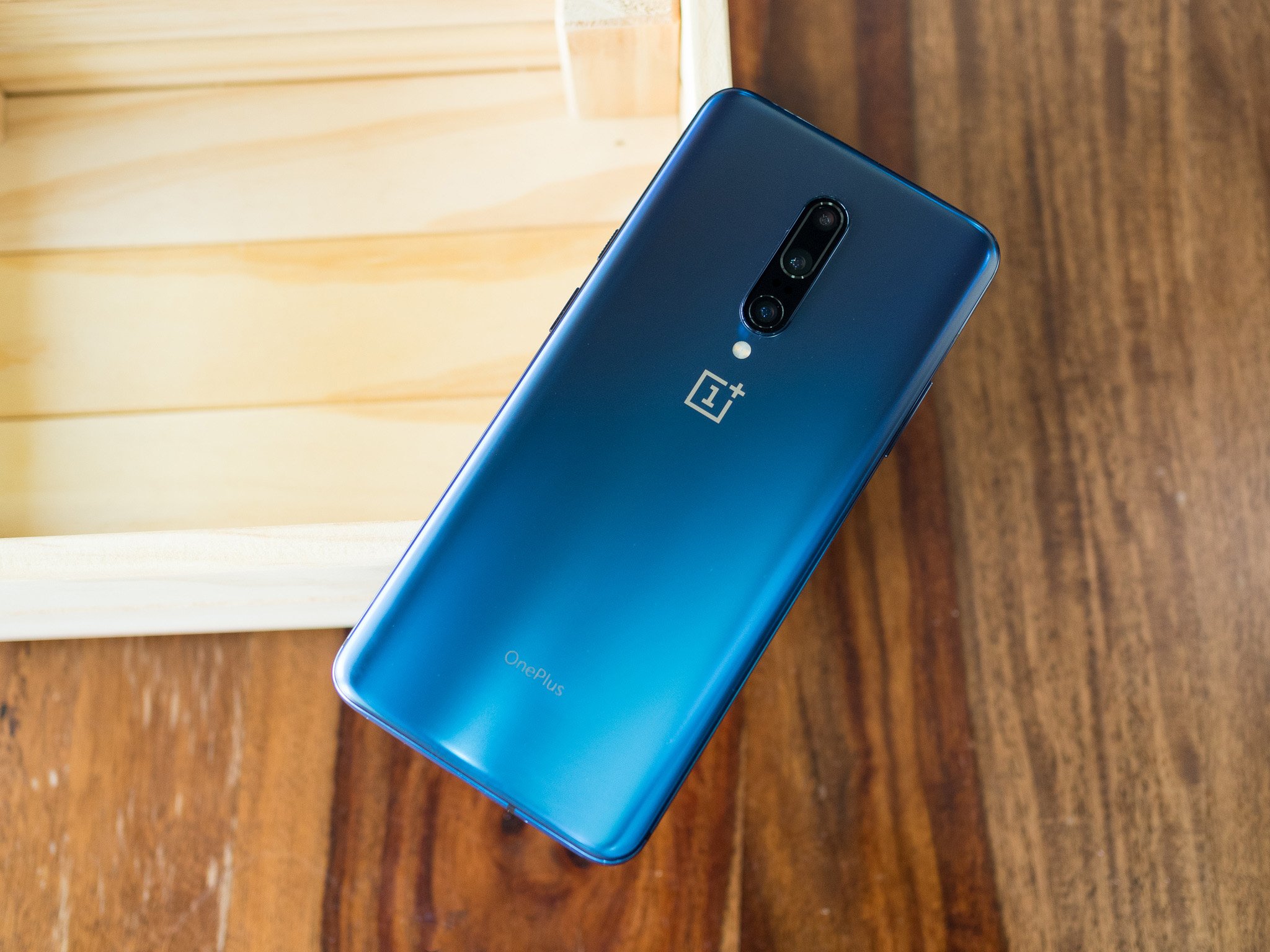
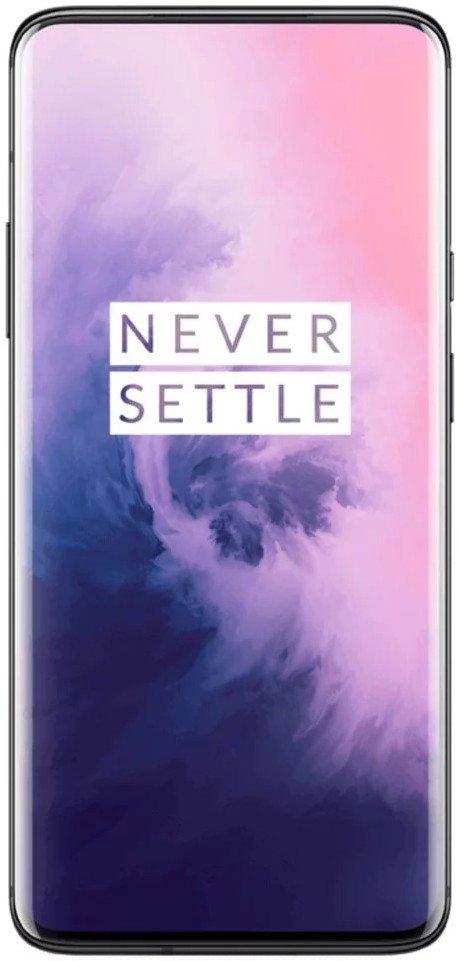

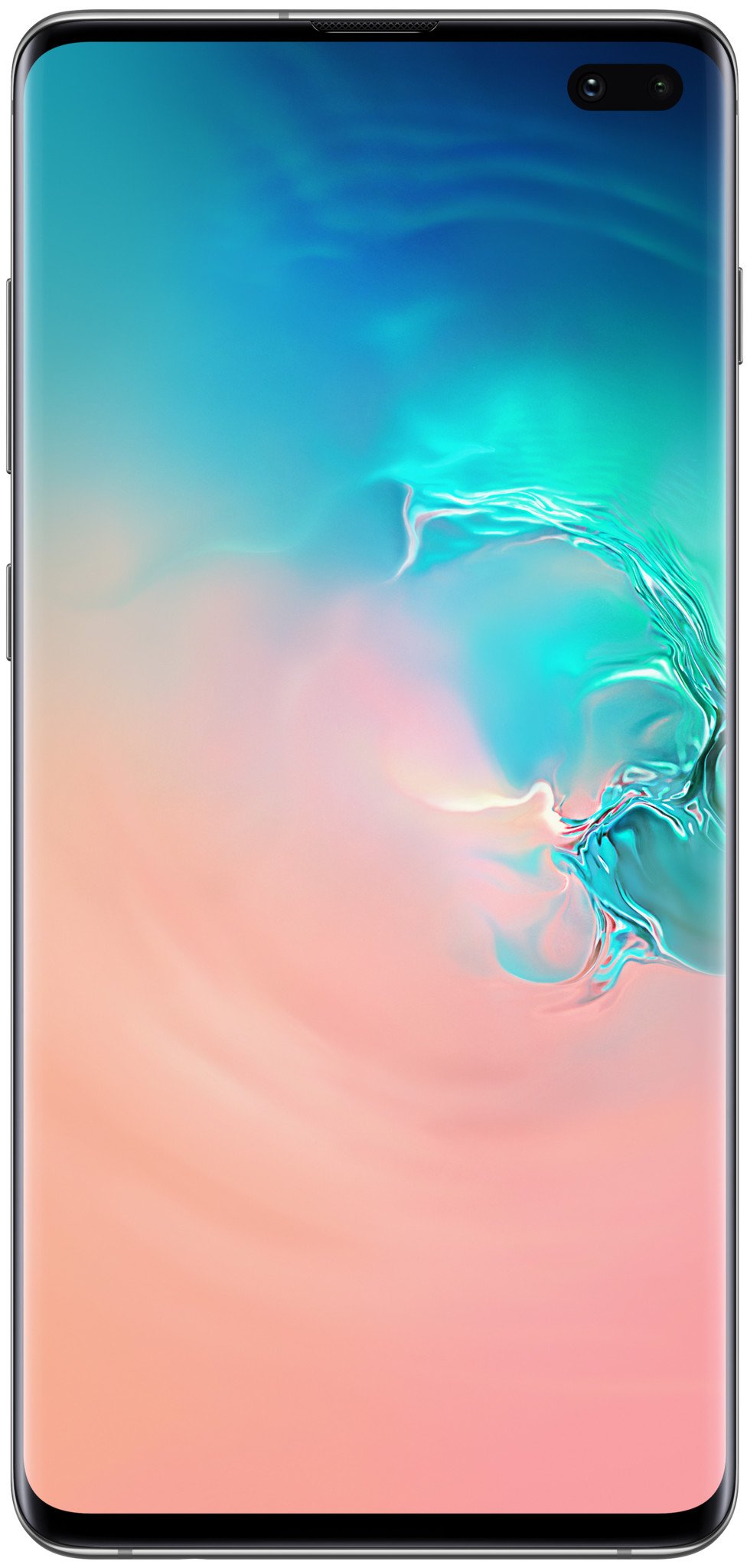


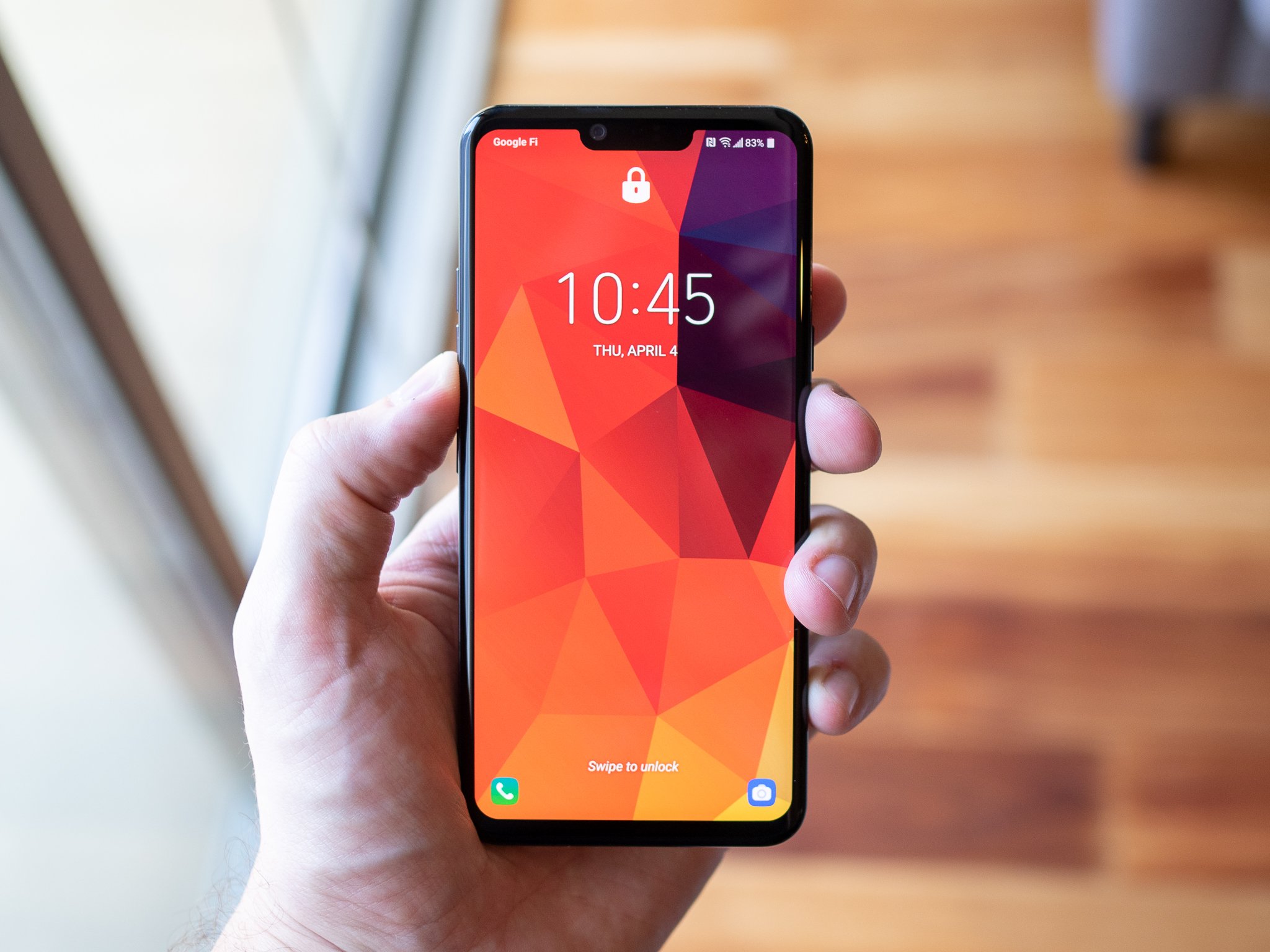
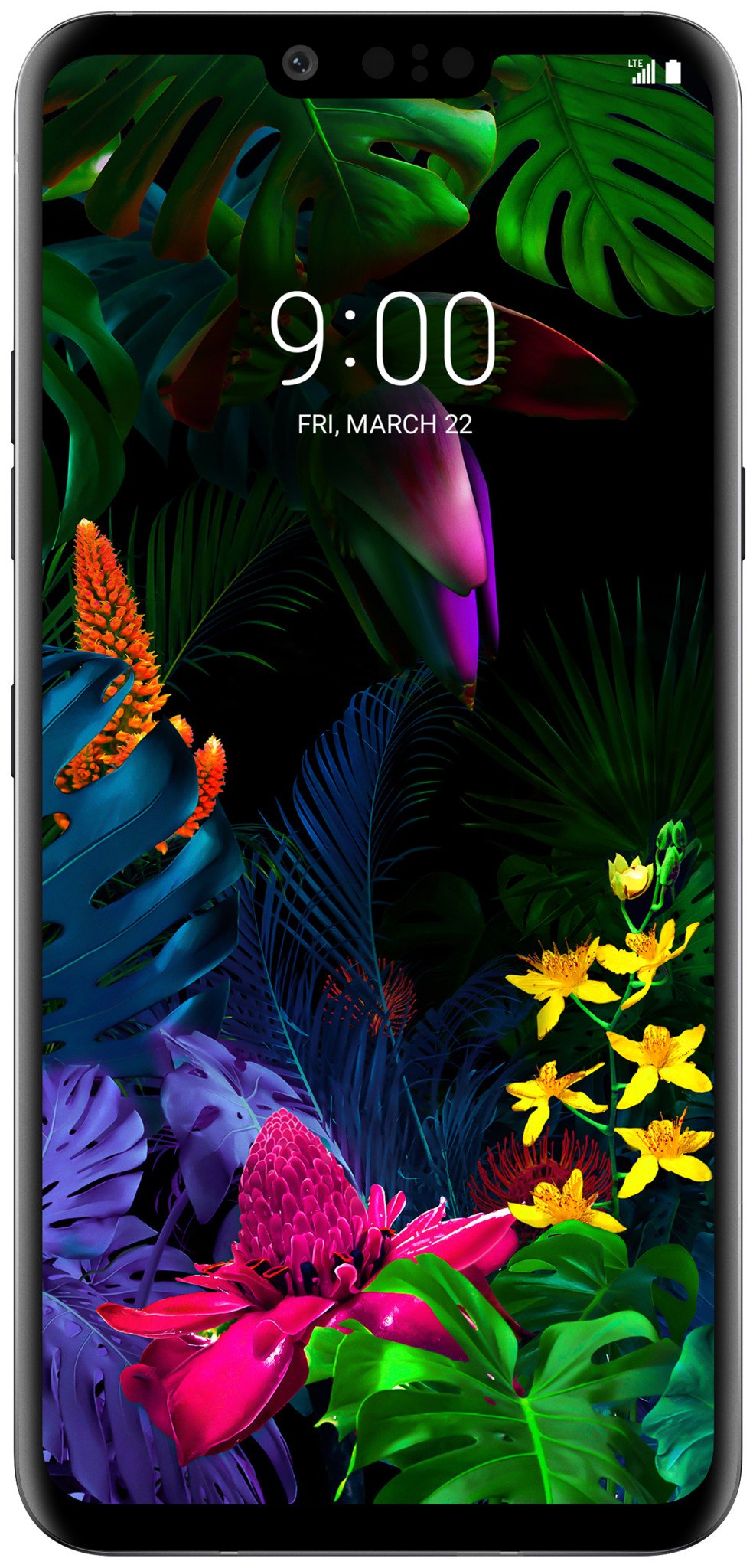

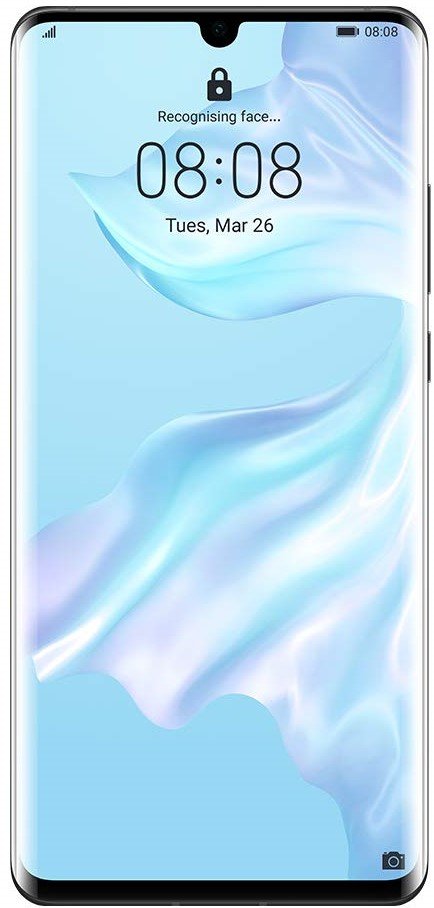
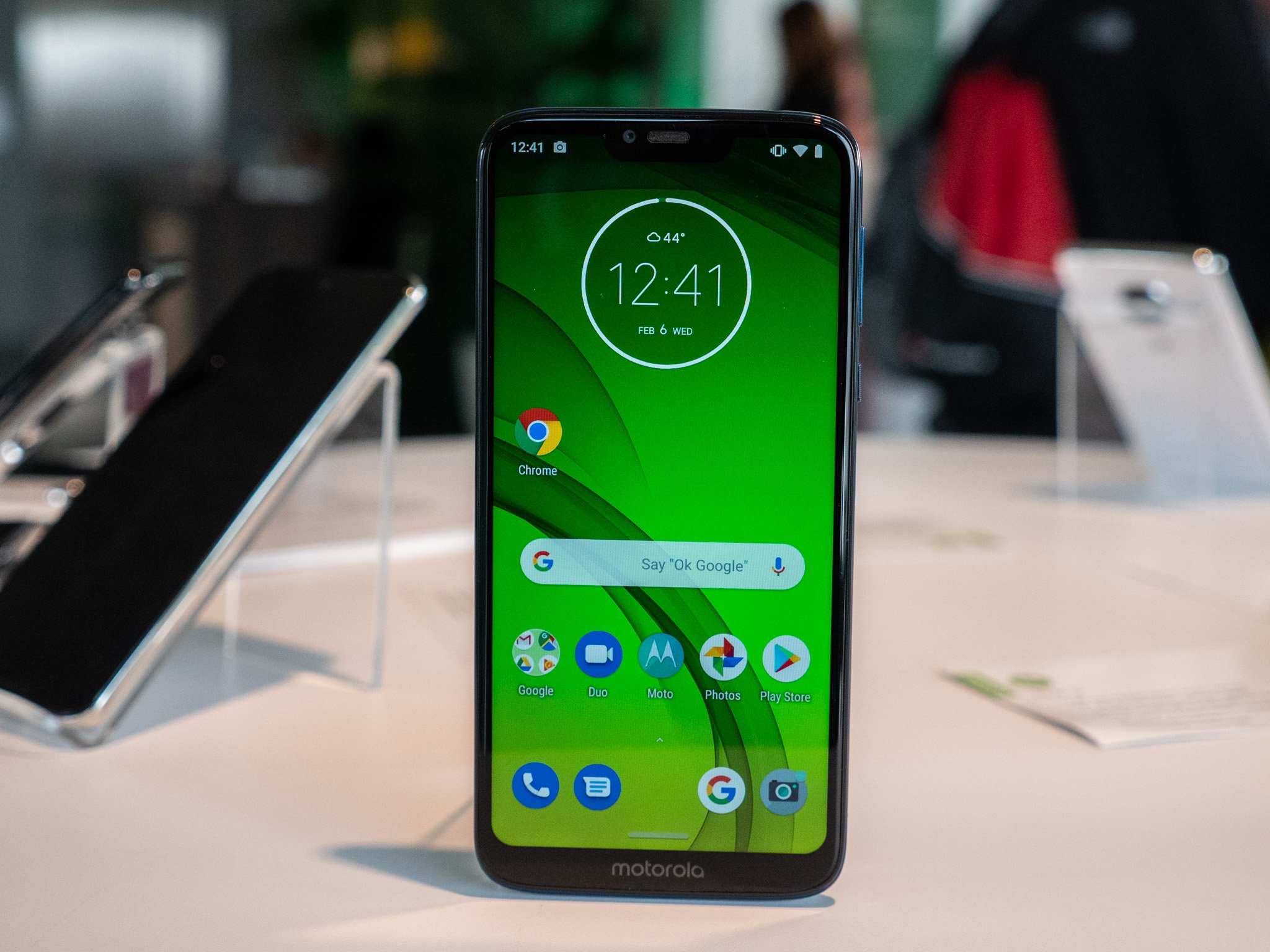
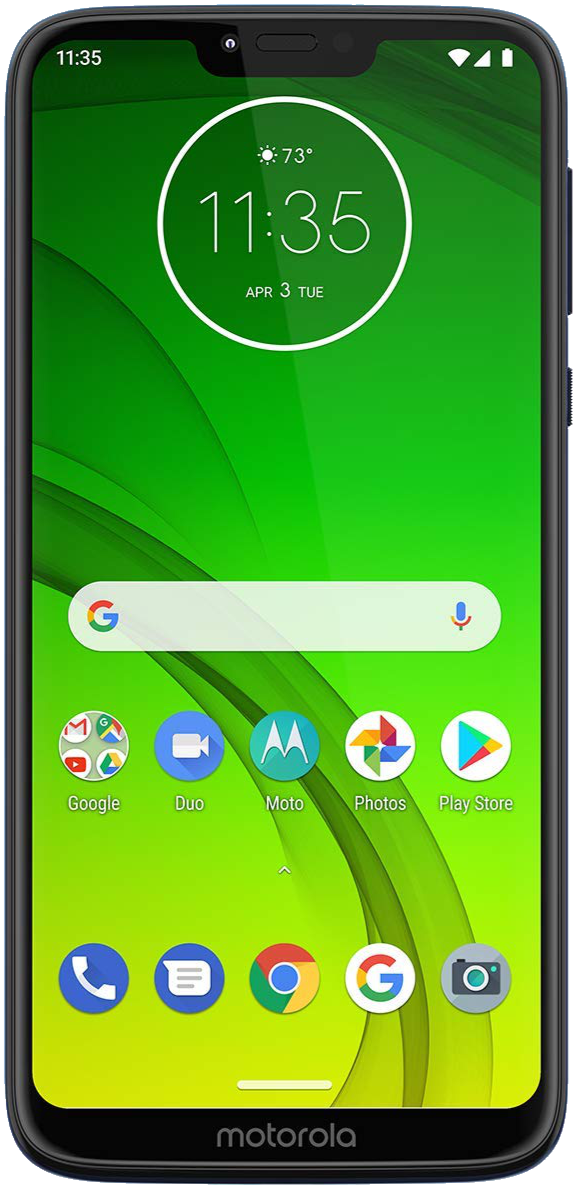
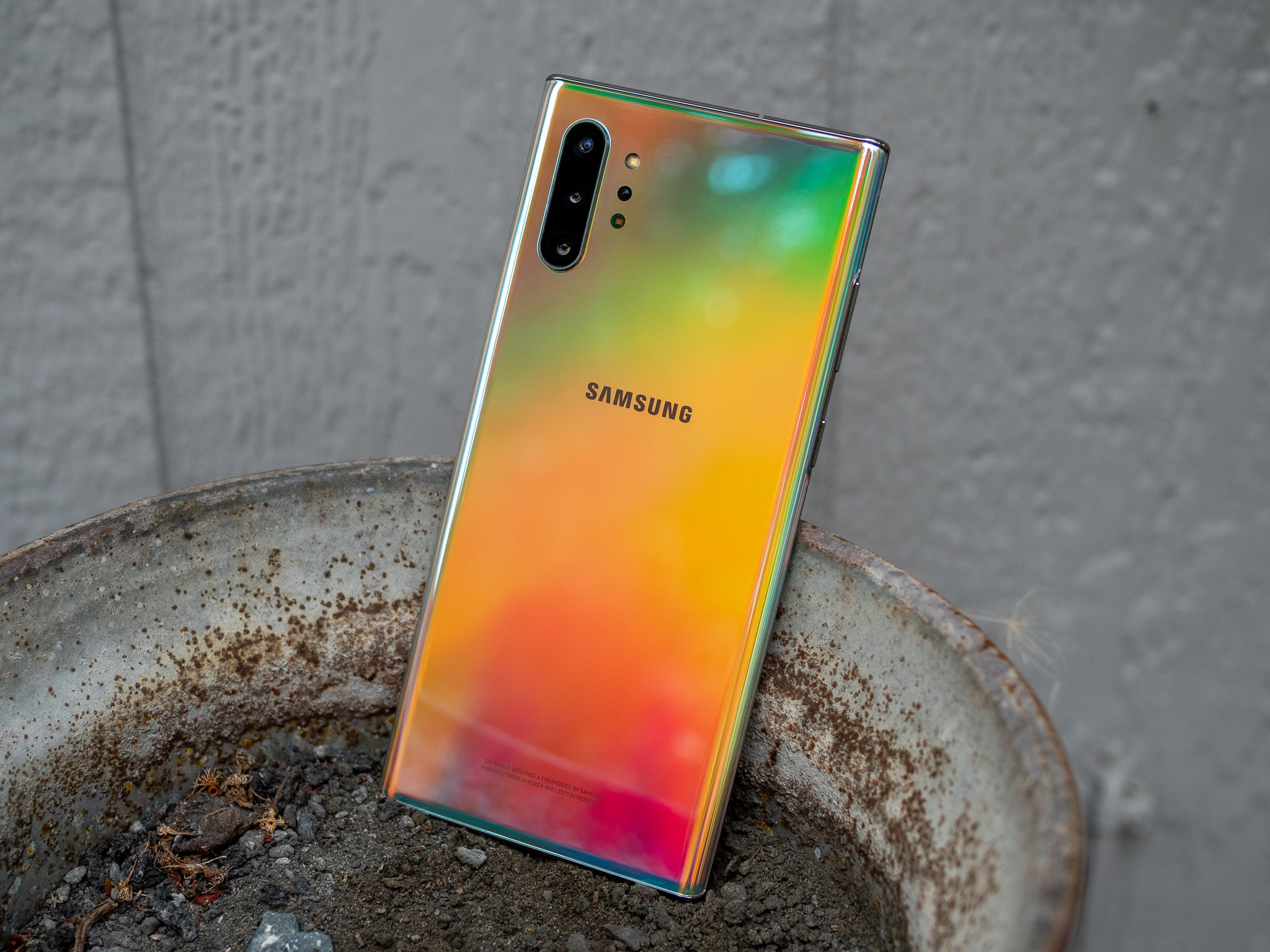
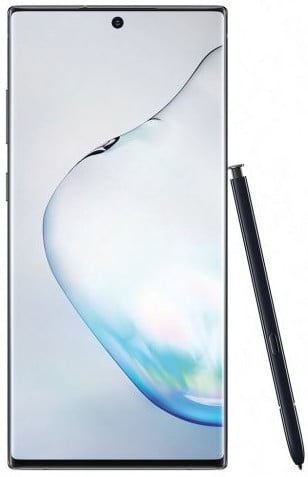
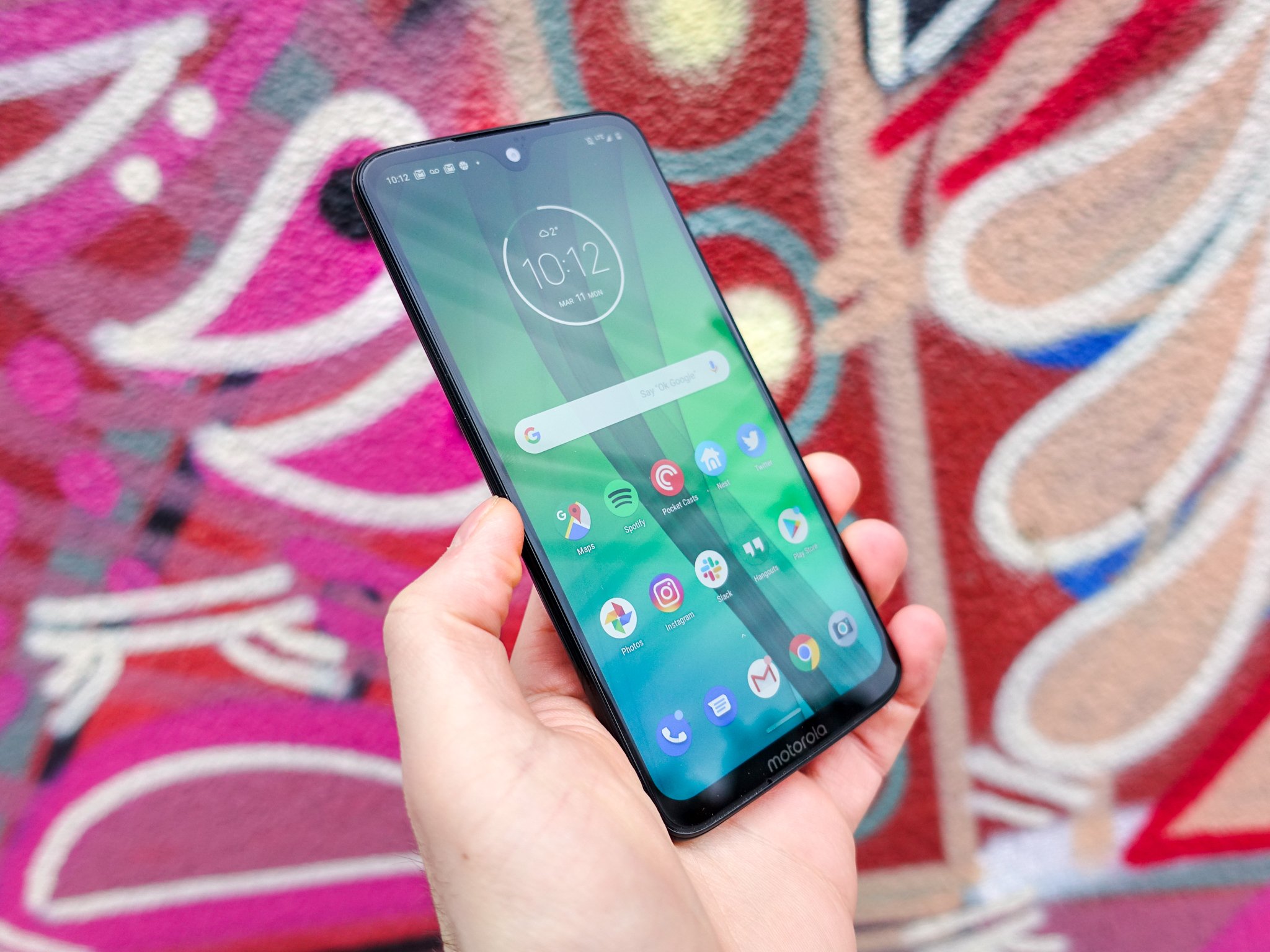



Post a Comment